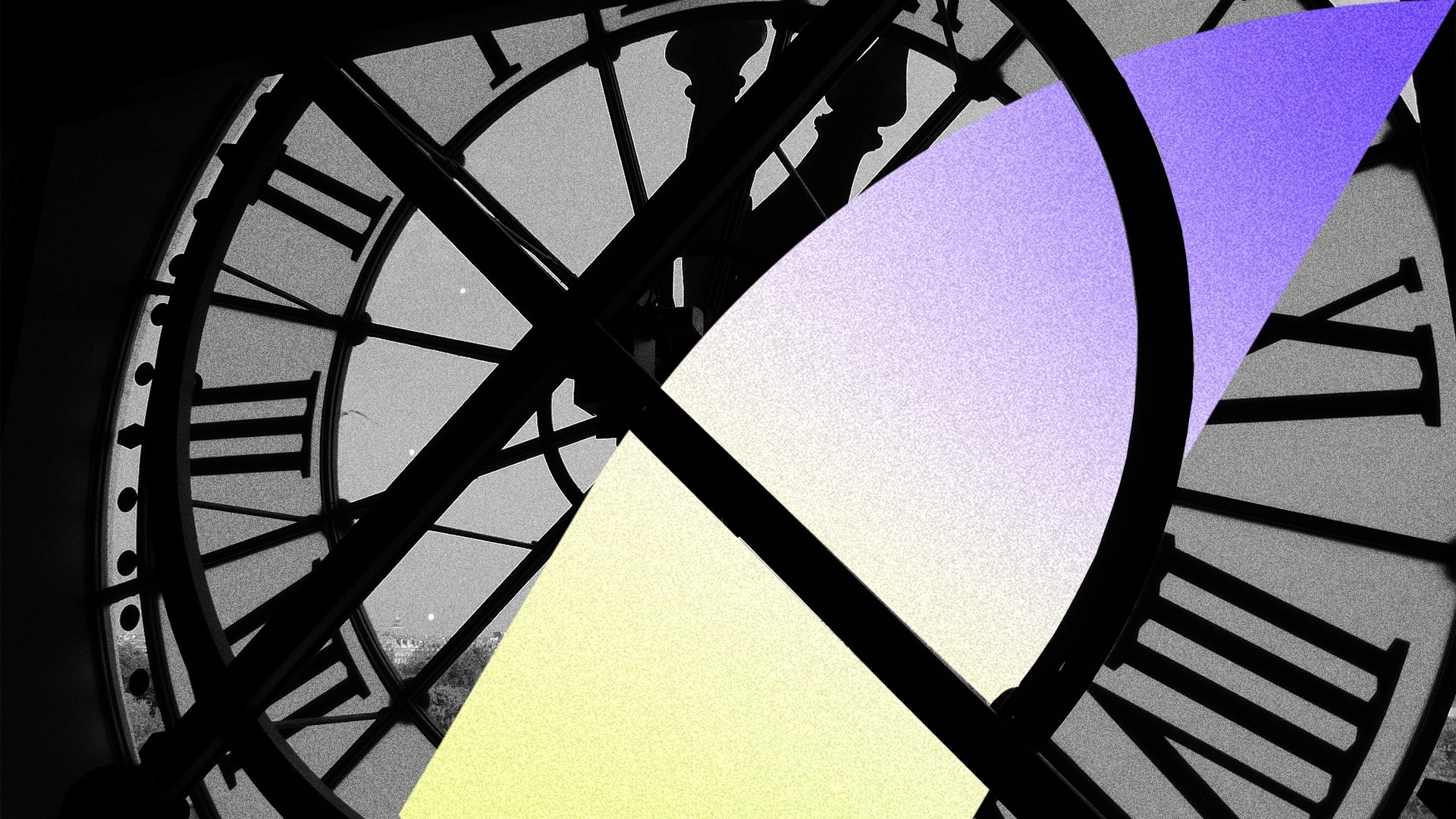
Insights
Dec 10, 2024
When artificial intelligence through Large Lenguaje Models (LLM’s) became widely popular, my daughter Helena was just six months old. I remember asking ChatGPT, with a mix of curiosity and reflection, what Helena would do in the future—what her role would be if AI could already do so much. That brief response sparked a flood of thoughts and questions. As I watched her sleep, her face serene and unaware of the profound questions the world was beginning to cope with, I felt a mix of pride for the technological possibilities of the future and uncertainty about the challenges those advancements might bring to her.
The Question of Purpose and the Human Future
I thought of past generations who adapted to industrialization, the digital era, and other radical shifts. Yet the rise of artificial intelligence poses deeper questions: how will humans find purpose in a world where machines can handle so much? If AI fulfills many of society’s needs, how will Helena and her generation redefine their dreams and contributions? Purpose, I believe, will not lie in what we do, but in our ability to think, create, and connect with others.
Building an Identity in a World Guided by Algorithms
Another challenge lies in how technology might shape identity. Will Helena have the freedom to choose her own path, or will she be molded by algorithms that predict and guide her preferences, decisions, and ambitions? I hope she learns to question what is presented to her as “ideal” and builds an authentic identity rooted in her values and capacity to imagine beyond what technology suggests. The goal is not to resist progress but to use it consciously. Helena will need tools to make her own decisions and distinguish between what she truly wants and what a machine suggests.
Human Connections in the Digital Era
In such a digitized world, the quality of human relationships will be crucial. Technology facilitates communication but cannot replace the depth of authentic connection. I want Helena to use technology to enrich her relationships while valuing the power of being present, listening, and understanding others in their complexity. My hope is that she finds balance between the virtual and the real, always remembering that empathy and human understanding are essential for a fulfilling life.
Creativity and Purpose in an Automated World
More than a career or a title, I want Helena to discover her purpose in life. Creativity, ethics, intuition, and a sense of wonder will be more valuable than ever. These are qualities AI cannot fully replicate, and I believe Helena’s generation will find strength in exploring what makes them human and contributing to the world in unique and irreplaceable ways.
A Conscious and Balanced Future
Although I don’t have all the answers, I know my responsibility as a mother is to prepare Helena to face this world with a critical and creative mindset. Instead of fearing AI, I want her to see it as a powerful tool to enhance her learning, expand her abilities, and build a future full of possibilities.
This is where LEAP comes into play. Rather than framing artificial intelligence as an overwhelming challenge, we view it as an ally to empower individuals. If Helena were a young adult today, I’m confident she would use LEAP to learn in a personalized way, expand her potential, and find her place in an automated world. LEAP aims to help new generations see technology as an opportunity to enhance their capabilities, not replace them. And I see LEAP as the tool that will allow Helena, and many others, to learn using the best available technology.
My deepest hope is that Helena not only navigates this era of change but leads it, contributing through her humanity, creativity, and values. That she understands AI does not define who she is or her purpose but can be a companion on her journey to a meaningful and fulfilling life.
Share on

